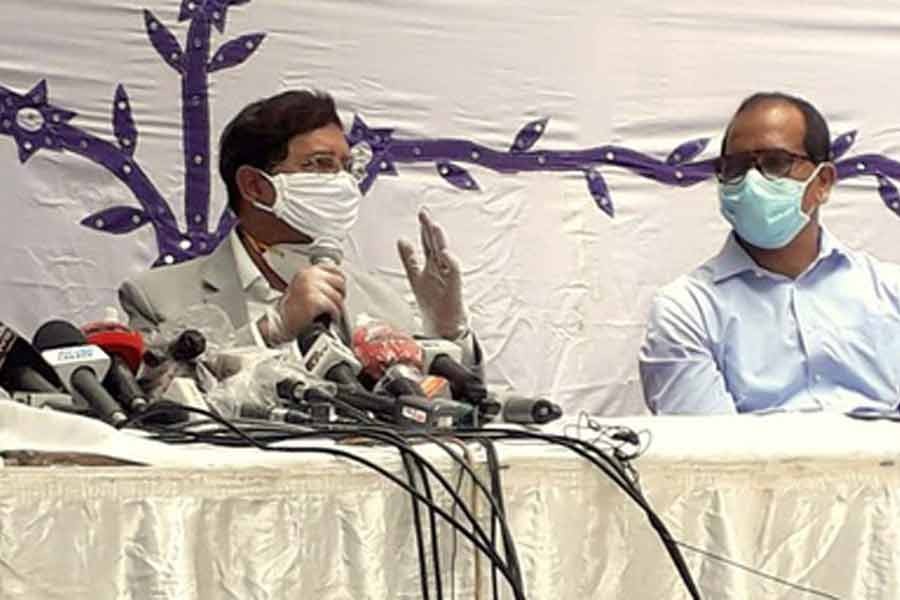Textiles and Jute Minister Golam Dastagir Gazi has blamed the Bangladesh Jute Mills Corporation (BJMC) for the current malaise in the flagging jute sector.
He blamed the organisation for costing the country Tk 40 billion in lost export earnings from India due to its anti-dumping duty on Bangladeshi jute products, reports bdnews24.com.
His comments came on Friday a day after the government announced plans to shut production at the 26 state-owned jute mills in the country.
BJMC Chairman Abdur Rouf was sitting next to Gazi while he delivered his scathing assessment of the organisation.
Government subsidies have driven down the prices of jute products below their cost of production, which prompted India to impose the punitive tariffs, according to Gazi.
“Items that cost Tk 100 to produce are sold for Tk 70 in the country. India has imposed anti-dumping duty on our products as a result. The 30 taka loss is covered by government funds and it is damaging our local industry," he said in a media briefing on Friday.
"We've lost Tk 40 billion from our exports to India only because of BJMC.”
The minister also poured scorn on the BJMC for the precarious state of the jute industry.
He pointed out that the wages in state-run mills are three times higher than the private ones, questioning the sustainability of the business in the process.
"Those who are running mills privately are taking out loans from private banks and this is helping them survive in the world market. All we've done is hand out more and more subsidies. But the losses have kept piling up."
Earlier on Thursday, the government announced that it will shut down production at all state-owned jute mills after making full payments to workers amid protests.
The shutdown will send about 25,000 workers at 26 jute mills into early retirement under a scheme, euphemistically called golden handshake.
While some private jute mills are turning profits, the 26 jute mills under the Bangladesh Jute Mills Corporation have been incurring losses for years, which many have blamed on mismanagement, irregularities and corruption.
The state-owned mills incurred a cumulative loss of Tk 106.74 billion, according to official data.
According to Textiles and Jute Secretary Lokman Hossain, the state-owned jute mills yielded profits in just four of the last 44 years. The government provided subsidies worth Tk 106.74 billion in this sector over the last 48 years.
Mills relied on the government to bear the operating expenses, including the wages of the workers.


